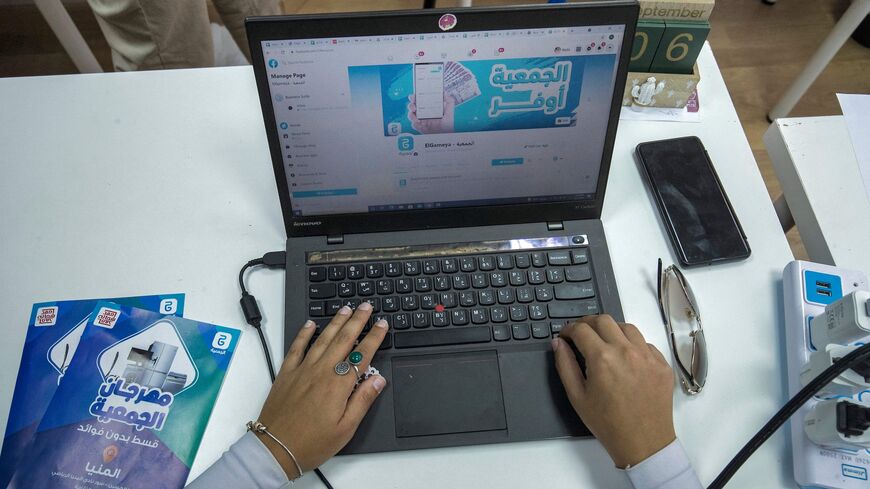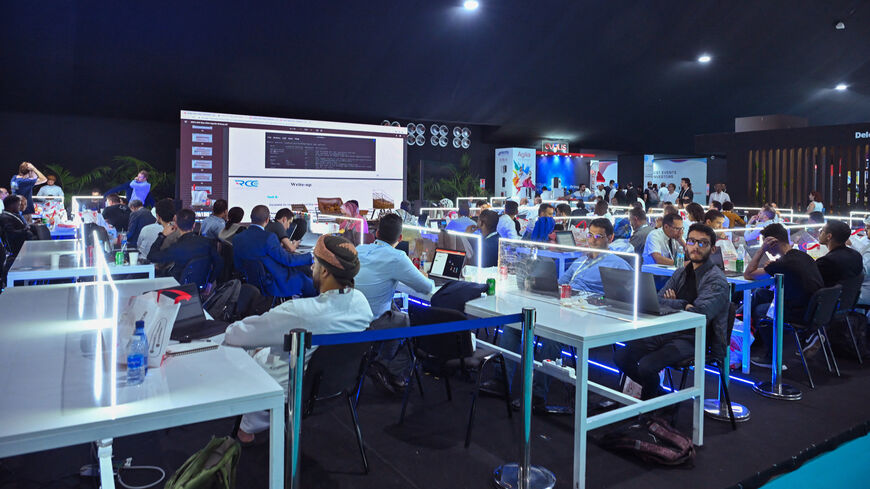Middle East startups see funding fall by 34% in first half of 2024
Although startup funding levels have plateaued globally, MENA reported an increase in early-stage rounds and investor participation.

Startups in the Middle East and North Africa (MENA) raised $768 million over the first half of 2024, a year-on-year (YoY) drop of 34% largely due to the lack of megarounds, or funding worth more than $100 million, new data showed on Tuesday.
In the first six months of this year, according to a report released by Dubai-based financial analysis firm MAGNiTT, there were only megarounds closed: Saudi e-commerce company Salla finalized a $130 million pre-initial public offering (IPO) investment in March. However, the first half of 2023 was more active, with five megarounds closing for MENA startups. MAGNiTT observed that there were fewer megarounds in the first half of 2024, as most of these deals were late-stage investments into startups.
Shift from early stage to late stage
Although funding levels have plateaued globally, MENA reported an increase in early-stage rounds and investor participation. MAGNiTT said it was likely due to the focus from late-stage rounds shifting to early-stage rounds, as more investors try to expand in the region. Early-stage rounds of $1 million to $5 million in MENA tripled from 15% in 2020 to 45% in the first half of 2024.
Despite the drop in startup funding in the first half of the year, the number of investors participating in MENA’s ecosystem grew by 30% YoY in the same time period, MAGNiTT said. The financial analysis firm said that startup valuations in early stages have now returned to pre-COVID pandemic levels.
Interest rates dropped to 0% during the coronavirus pandemic in 2020 and 2021, resulting in a flood of liquidity in the market, which fueled a rally in venture capital investments, MAGNiTT CEO Philip Bahoshy told Al-Monitor. Once interest rates rebounded by the end of 2021, investors saw more opportunities in more traditional assets like fixed deposits, real estate and the stock market, which is still at record highs, he noted.
"And therefore the expectation for venture [capital funding] — which is a risky asset — is just that much higher. And effectively, that is far more acute at a late stage, where investment deals are in the hundreds of millions, than if you're making an early stage investment bet that is likely to have seven to eight years before it gets paid off," Bahoshy said.
Namely, there has been a shift away from late stage investment, which is more costly, toward early stage investment, which is more strategic in nature as it is during the early stages of a startup.
Bahoshy added: "While the report reflects the global trend of declining venture investments, it also highlights some positive signals indicating that the MENA region is at an inflection point in VC (venture capital) activity. Our data suggests that this growth will continue, albeit at a moderate pace, in the coming quarters."
He added that international interest in the region remains strong, with government support and new fund announcements expected to drive positive growth in the second half of 2024 and early 2025.
Saudi Arabia, UAE lead pack
In the first half of the year, Saudi Arabia was the MENA country with the highest amount of VC funding, with $412 million, 7% less than the corresponding period in 2023, the report said. But it was the United Arab Emirates that emerged as one of the few markets in the MENA region to see a YoY increase in deal flow, reporting an 11% increase in transactions closed (83 deals).
Bahoshy said that Saudi Arabia ranked first by amount of funding, but the Emirates was first in terms of number of transactions closed. "Effectively what's happening is that capital which is largely driven at the late stage is still being supported by the fund of initiatives that are taking place in Saudi Arabia, including SVC [Saudi Venture Capital Company] and Jada," he said, discussing the difference.
"Whereas in the UAE, there is a more fertile early stage investment activity, but mega deal investment has not existed for close to four quarters," the executive added.
In February, Qatar launched a Fund of Funds program to lure in more venture capital, but Bahoshy said the money had not been deployed yet and it will not necessarily reflect in the country's funding figures for probably “a year or two to come.”
Qatar is also a much smaller market than Saudi Arabia and the UAE, meaning it is less appealing for international companies to set up regional headquarters there, thereby attracting more investment, he noted.






